Improve Digestion Naturally with Pre and Probiotic Supplements
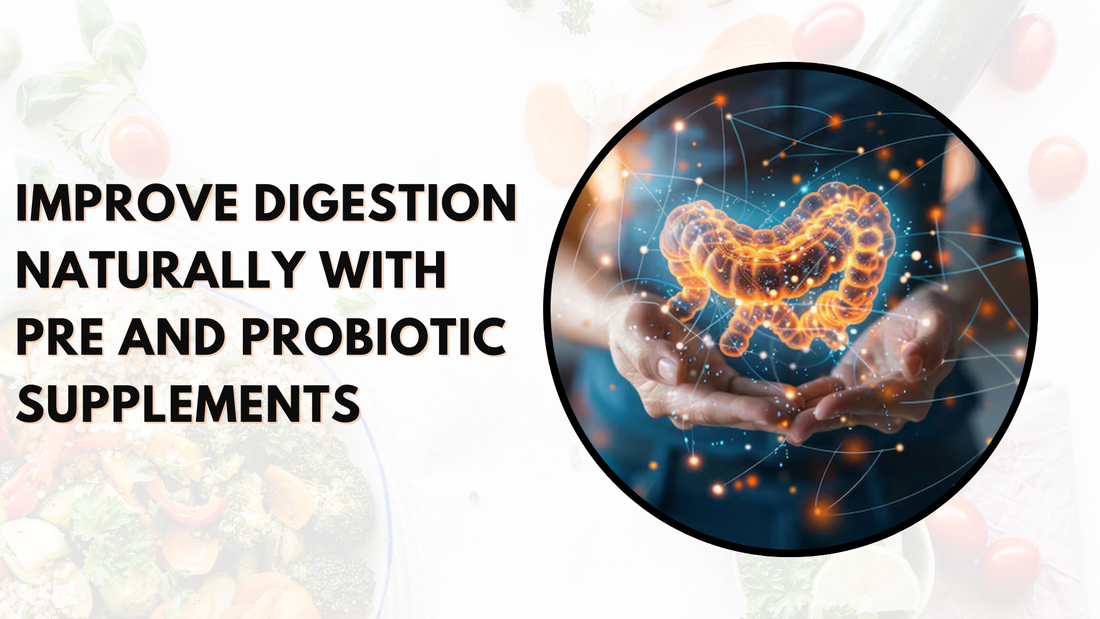
Alright, let’s be real—when was the last time you actually thought about your gut? Most folks obsess over their heart or maybe the ol’ brain up top, but your digestive system? Total underdog. And yet, it’s the thing hustling in the background, breaking down pizza slices and green smoothies alike, turning them into the energy you need to survive your Monday morning meeting (or, let’s be honest, just to scroll TikTok in bed). When your digestion’s off, you know it. Bloating, gassy misery, sluggishness, and all sorts of “why am I always tired?” moments. Sometimes your immune system even taps out. Not fun.
Lately, people have started waking up to the whole “natural gut support” thing instead of popping antacids and hoping for the best. Enter prebiotics and probiotics—the real MVPs of gut health. These little guys basically run your inner ecosystem, keeping your digestion, nutrient absorption, and even your immune system from going totally haywire.
Struggling with bloating or just feel like your stomach hates you? You’re not alone, trust me. Here’s the lowdown on how prebiotics and probiotics actually help, why supplements don’t suck, and some pretty easy ways to keep your gut from plotting against you.
What Are Prebiotics and Probiotics?
Here is the explanation about the Prebiotics and Probiotics and how it improves your digestive system naturally.
Prebiotics for Gut Health
Prebiotics are specific types of natural fiber that act as “food” for good bacteria in your gut. They don’t digest in your stomach; rather, they pass intact to your intestines, where they help your friendly bacteria multiply. Prebiotics can be thought of as the fertilizer that sustains your gut.
Common prebiotics can be found in garlic, onions, bananas, oats, and chicory root. The good bacteria receive more food and without nourishment, the harmful bacteria are forced out or die out naturally when the body's pH balance is good enough for the good bacteria to thrive!
Probiotics for Better Digestion
Probiotics, on the other hand, are live good bacteria that restore the bacteria balance of your gut. These occur in foods such as yogurt, kefir, kimchi and kombucha. Probiotics help tip the balance toward good bacteria and away from bad, promoting better digestion and avoiding tummy problems.
If you suffer from frequent bloating, indigestion, or your bathroom visits don't live up to the standard once a day production, then probiotics digestion aids might be your saving grace. They also reduce inflammation and boost your immune system.
The Importance of Gut Fat Supplements
Your microbiome is effectively the control room for digestion and immunity in your gut. To be sure: stress, junk food, antibiotics, pollution can weaken it. That’s why gut microbiome supplements that contain both prebiotics and probiotics (which are known as synbiotics) are advised. They are on the same team, after all:
- Probiotics add healthy bacteria.
- Prebiotics feed them so they grow stronger.
It’s this double act that has made pre and probiotic supplements such a popular choice for those seeking to naturally boost gut health.
Top Benefits of Pre and Probiotic Supplements
The best supplements for Prebiotics and Probiotics to improve bloating, digestion problem and for using taking Pre-Probiotics supplements here are the few benefits and how it improves gut health.
1. Top Probiotics for Digestion and Actually Getting Your Nutrients
Look, if your gut’s firing on all cylinders, your whole body’s just happier. Probiotics are basically your gut’s hype squad—they break down your food so you actually get the good stuff (think vitamins, protein, minerals). You’ll probably notice less tummy drama and a little more pep in your step. Who doesn’t want that?
2. Probiotics That Kick Bloating and Gas to the Curb
Let’s be real: everyone’s had that “why does my stomach look like a balloon?” moment. Usually, it’s your gut bacteria throwing a tantrum, causing all that bubbly, gassy nonsense. Probiotics help get the squad back in order, so you can ditch the bloat and skip the awkward stomach noise at meetings. Total win.
3. Prebiotic and Probiotic Benefits for Immunity
70% of your immune system lives in your gut. By improving gut health with pre and probiotics, you’re also strengthening your natural defenses. People who regularly take gut health supplements fall sick less often and recover faster.
4. Natural Remedies for Digestion Problems
Rather than depending on chemical antacids and laxatives, prebiotics and probiotics offer natural digestive support. They alleviate constipation, diarrhea, acidity, and other stomach problems.
5. Daily Use Probiotic Supplements
Unlike medication, daily use probiotic supplements are safe and effective. They ensure long-term gut equilibrium to prevent digestive problems before they even begin.
How to Improve Gut Health Naturally
Good digestion is not only about supplements—it’s also about lifestyle. Here are some tips to improve gut health naturally:

-
Eat fiber-rich foods: Whole grains, legumes, fruits, and vegetables are great prebiotic sources.
-
Stay hydrated: Water helps in breaking down food and easing bowel movements.
-
Exercise regularly: Physical activity stimulates gut movement and reduces constipation.
-
Reduce stress: High stress negatively impacts the gut microbiome.
-
Get enough sleep: Rest helps the digestive system repair itself.
When combined with probiotic supplements for digestion, these habits can create a strong foundation for long-term gut health.
Best Foods for Prebiotic and Probiotic
Eating these foods daily provides natural digestion support, but many people still don’t get enough. That’s why pre and probiotic supplements are an easy and effective way to fill the gap. The below are the few prebiotics and Probiotics foods for to improve your digestive system, bloating problem.

Natural Prebiotic Foods
- Garlic – You want inulin? Garlic’s loaded with the stuff. It basically throws a party for your gut bacteria. Bonus: makes your kitchen smell like you actually know how to cook.
- Onions – Not just for making you cry. These guys are full of prebiotic fibers, so your gut bugs are living their best lives. Plus, your heart will thank you.
- Bananas – Especially the kinda-green ones. Yeah, they taste weird, but they’ve got that resistant starch gut bacteria love. Don’t knock it till you try it.
- Oats – Breakfast MVP. With beta-glucan and all that fiber, oats keep things moving and give your friendly gut bugs a boost. Overnight oats? Overnight magic.
- Asparagus – This stuff’s got inulin too, so it’s basically a spa day for your gut. Also, it makes your pee smell funny, but hey, it’s worth it.
- Apples – Pectin is the main character here. Helps your gut flora thrive and keeps things, uh, smooth. An apple a day keeps everyone less annoying, right?
- Flax Seeds – Loaded with fiber and omega-3s. Toss them on, well, anything, and your gut will send you a thank you note (if it could).
Natural Probiotic Foods
- Yogurt – The OG probiotic snack. Get the kind with live cultures, not the sugar bomb stuff. Your digestion will high-five you.
- Kefir – It’s like yogurt’s cool older cousin who’s traveled the world. Fermented, tangy, and packed with more probiotics than you can shake a stick at.
- Kimchi – Spicy, funky, and so good for you. Plus, eating it makes you feel like you’re way more cultured than you actually are.
- Sauerkraut – Fermented cabbage. Sounds weird, tastes awesome (if you’re into that vibe), and your gut flora will throw a parade.
- Kombucha – Fizzy, slightly weird, and full of probiotics. Some people swear by it. Others just like feeling like they’re drinking a science experiment.
- Pickles (the real, naturally fermented kind) – Crunchy, sour, and full of the good bacteria. Not just a burger sidekick, okay?
- Cottage Cheese – Soft, a little tangy, and sneaky healthy. If it’s got live cultures, your gut’s in for a treat. Also, protein for days.
There you go. Eat this stuff, and your insides will be doing the cha-cha in no time.
Choosing the Best Gut Health Supplements
With so many products in the market, how do you pick the right one? The key is to look for supplements that have:
- Both prebiotics and probiotics (for complete support).
- Multiple probiotic strains (to improve digestion naturally).
-
Safe for daily use.
Why Rediclinic Gut Health Supplement is the Best
Among many options, the Rediclinic Gut Health Supplement stands out as one of the best probiotics for digestion. Here’s why: This is made with very powerful and natural ingredients like Lacticaseibacillus casei, Lactobacillus acidophilus, Lacticaseibacillus paracasei, Ligilactobacillus salivarius, Lactiplantibacillus plantarum, Bifidobacterium lactis, Bifidobacterium longum and it supports your gut and in this we have 60 billion CFU’s. Easy to swallow and the quality to use and in this bottle it contains 60 capsules and take daily 2 capsules after meal and this is lab tested supplements and clinically proven by GMP and FSSAI.

Click Here to Buy From Our Official Website
- It combines prebiotics and probiotics for overall health.
- Reduces bloating and gas naturally.
- Supports immunity and nutrient absorption.
- Provides daily gut microbiome balance.
- Acts as a natural remedy for digestion problems without side effects.
If you’re looking for probiotic supplements for daily use, Rediclinic is a trusted choice to strengthen your digestive system naturally.
FAQs on Pre and Probiotic Supplements
Q1. Can pre and probiotic supplements be taken daily?
Yeah, most probiotic supplements you find for daily use? Totally safe, and honestly, long-term, they’re actually a solid move for keeping your gut in check.
Q2. Do probiotics really help with bloating?
Oh, absolutely. There’s plenty of research out there backing this up—probiotics can seriously help kick that bloated feeling to the curb. They basically bring your gut flora back into balance and calm down all that gas nonsense.
Q3. What are the best natural sources of probiotics?
You want the good stuff? Think yogurt (the real, live-culture kind), kefir if you’re feeling adventurous, plus kimchi and kombucha. Basically, anything fermented and a little funky.
Q4. Do prebiotics cause any side effects?
Sometimes, yeah. If you go too hard on the fiber (which is what prebiotics are), you might get a bit gassy at first. It usually sorts itself out after your gut gets used to the new routine—just don’t go eating an entire bag of fiber bars in one sitting.
Q5. Can I take pre and probiotics together?
Heck yes! Actually, it’s kind of the dream team—prebiotics are like food for your probiotics. They help those good bacteria thrive. It’s a win-win.
Q6. How long does it take to see results?
Most folks start noticing less bloating and better digestion in, what, two to four weeks? Don’t expect overnight magic, but if you stick with it, your gut will thank you.
Conclusion
If your gut’s a mess, the rest of you probably feels off too. Bad digestion can mess with your energy, mood, even your immune system. So, adding prebiotics and probiotics (supplements, real food, whatever floats your boat) plus some other healthy habits? Huge difference. If you want a no-brainer pick, Rediclinic Gut Health Supplement is actually a solid bet—it’s not some sketchy internet pill. Seriously, fix your gut and the rest just kinda falls into place.
No comments






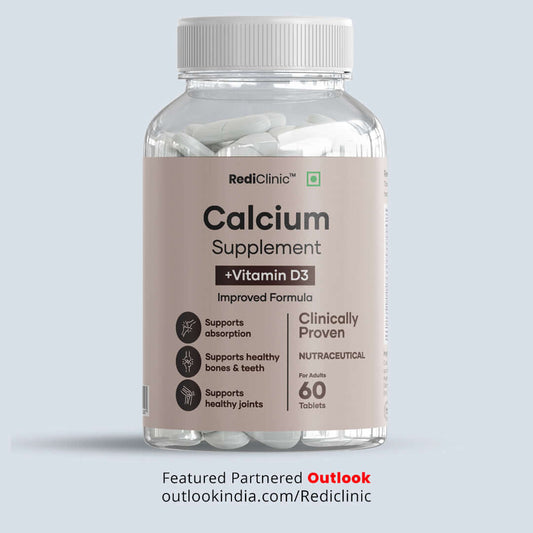
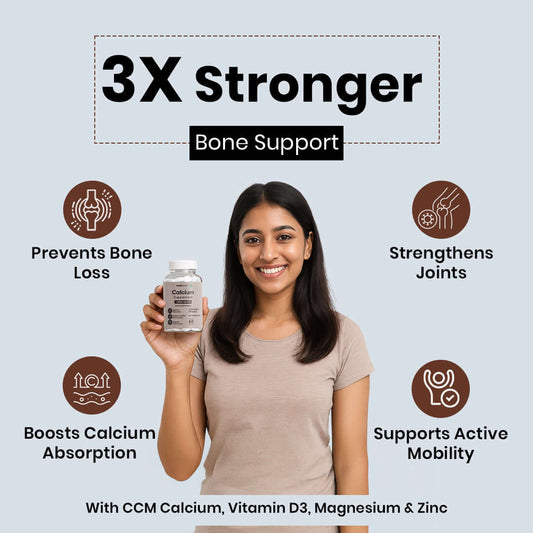
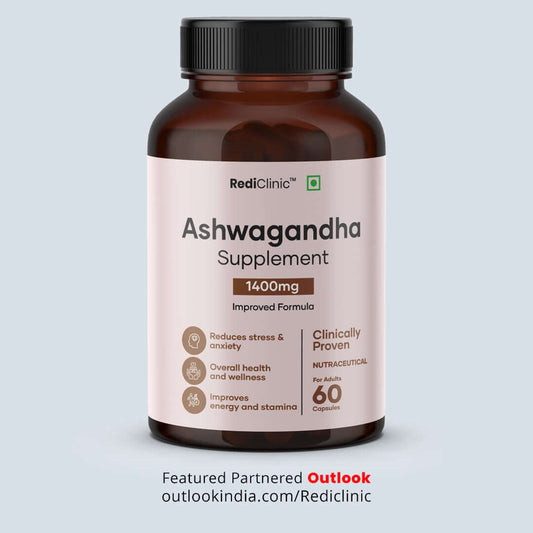
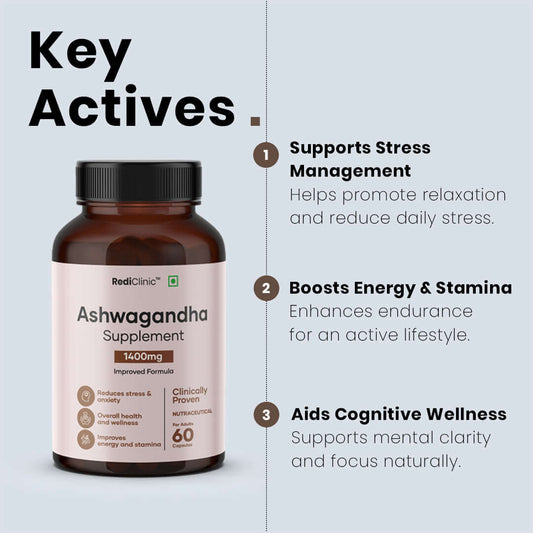
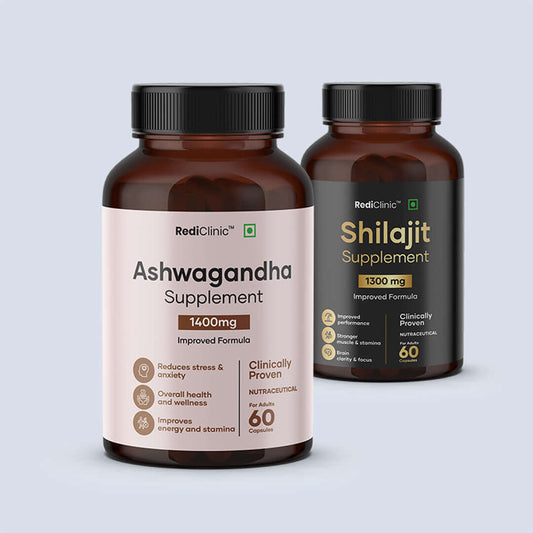
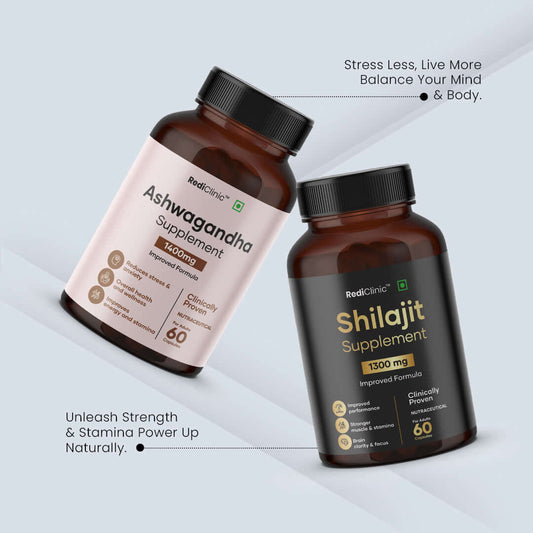
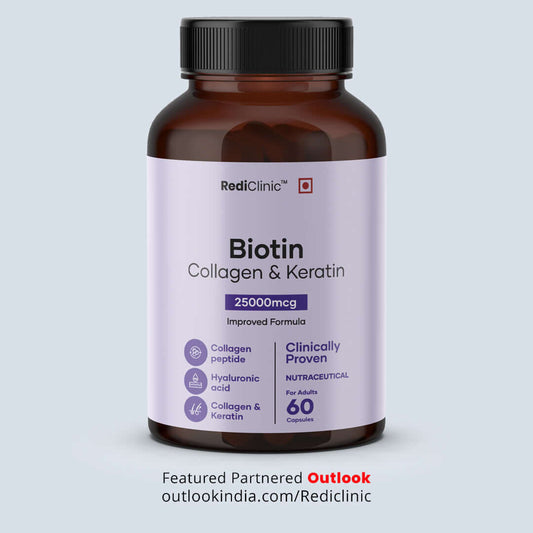
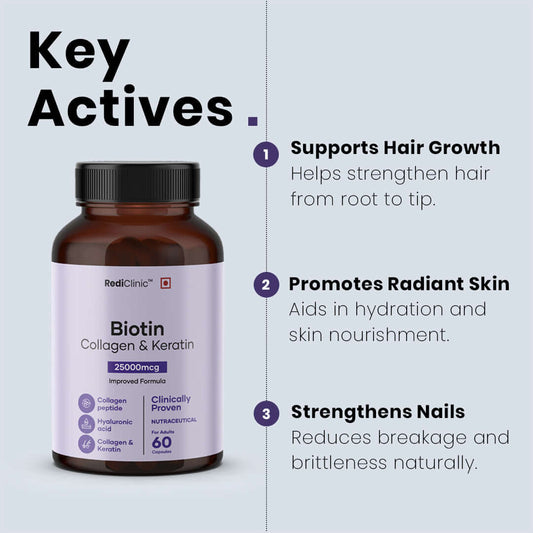
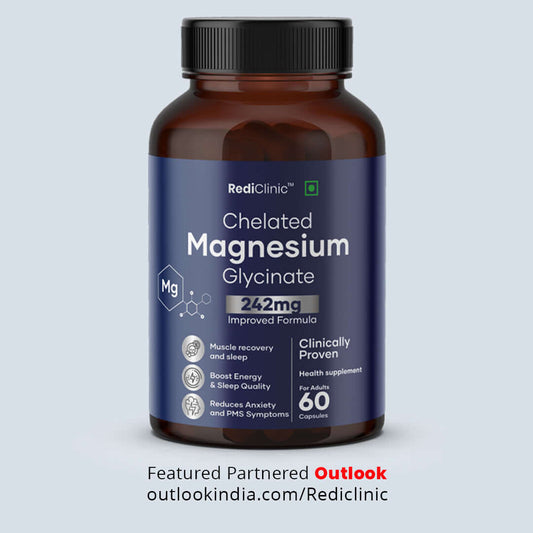

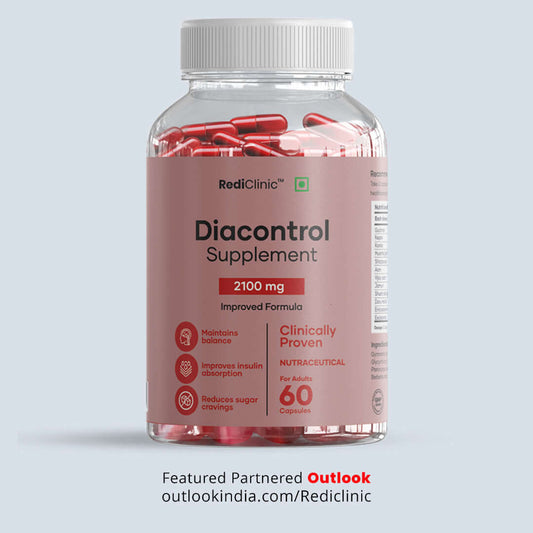

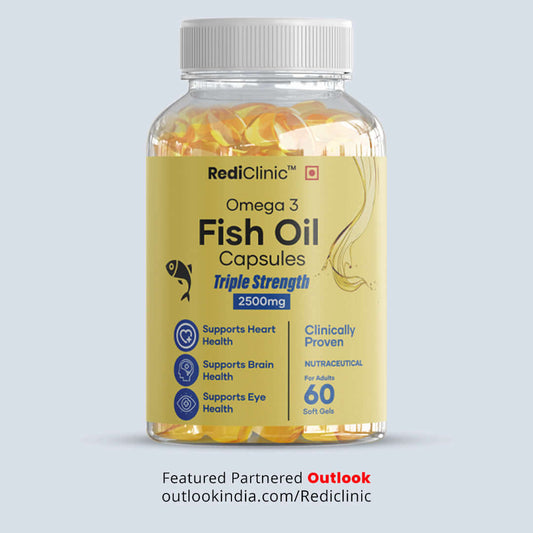
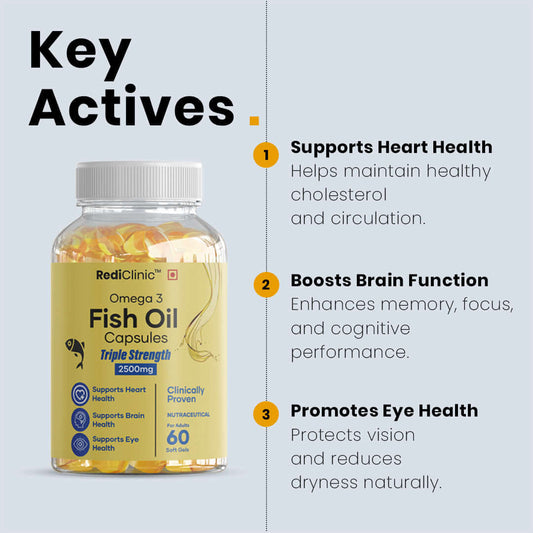
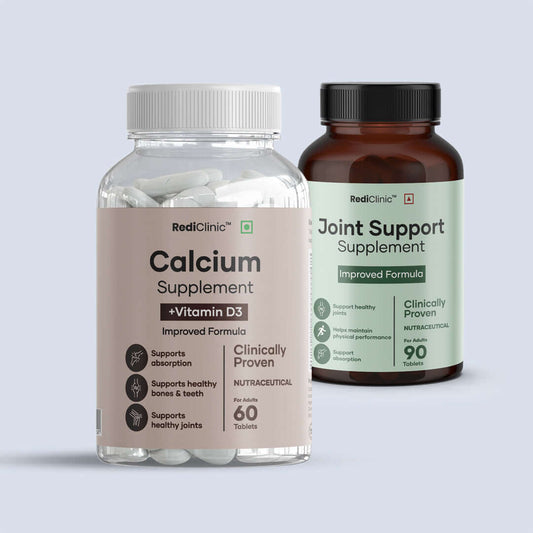
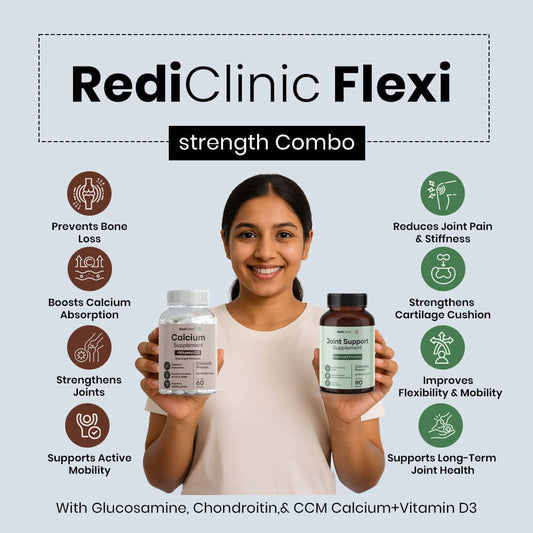

0 comments